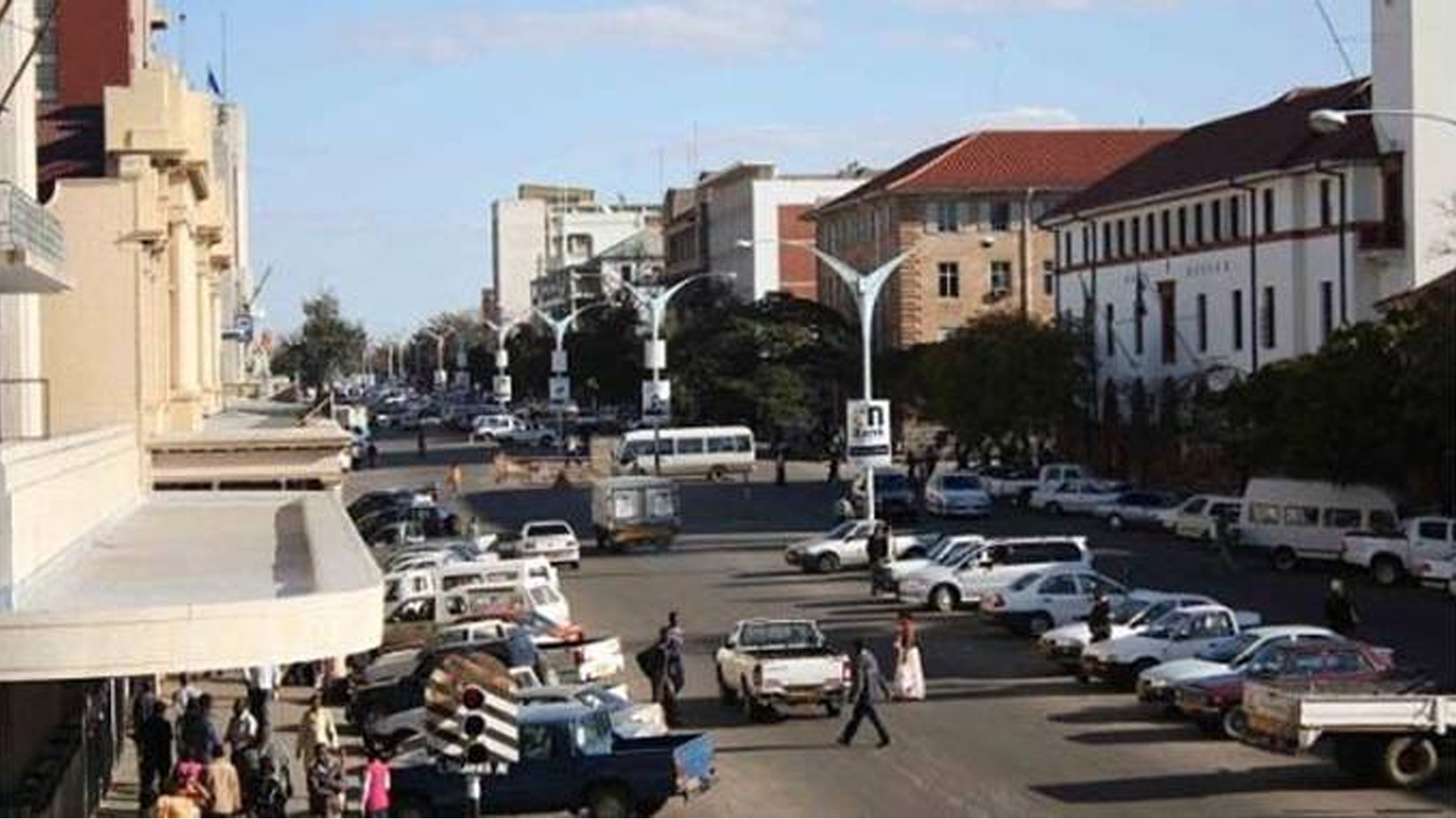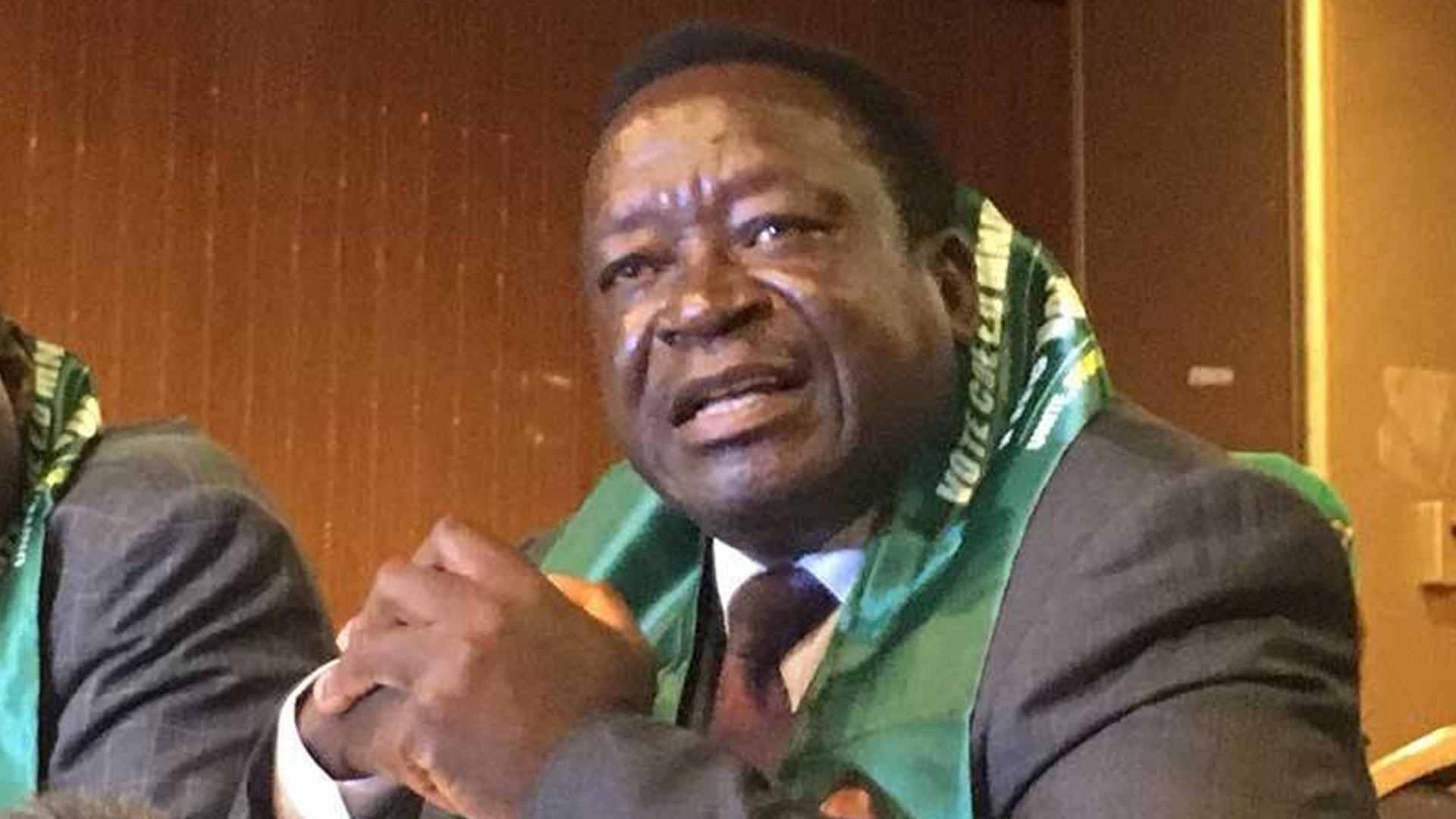170k households in need of food aid
Share

Mildred Desouza
GWERU – Over 170 000 households in Midlands Province are in need of food aid and more than 100 000 tonnes of maize is required to sustain them until the next harvest, The Times has learnt.
Midlands province has 170 290 households that need food aid, this translates to 8840 tonnes of maize per month.
The government has already started distributing food aid to those that are food insecure, including those in urban areas and schools.
“I would want to reiterate government’s policy and what President Emmerson Mnangagwa has said on many occasions that no one will die of hunger in this country.
“We have adequate food in our strategic grain reserves to feed those that are food insecure,” said Minister of State for Midlands Affairs Senator Larry Mavima.
“We have been able to provide this food since the beginning of the year to all these households. We have food allocations that go to districts on a monthly basis.”
Sen. Mavima said the food is being distributed through the department of Social Welfare which works hand in glove with councillors who are assisting in identifying those in need of food aid.
The Minister of State added that the government is prioritising child headed families, the elderly, the disabled, widows and the generally vulnerable.
“We are prioritising child headed families, the elderly, the disabled, widows and the generally vulnerable.
“The food will be at the Grain Market Board (GMB). Urban dwellers are also getting food aid,” he said.
Sen. Mavima said government will descend on those abusing food aid and discriminating people based on their political affiliation.
He said there were reports of abuse of food aid in Gokwe North and Mvuma.
“Community leaders who take it upon themselves to decide who gets food and who doesn’t that is not government policy. The policy is that anyone who is in need of food aid regardless of their political affiliation, race, creed or religion they are entitled to food aid. There is no discrimination in the distribution of food.
“We had such situations in Mvuma and Gokwe where community leaders were found to have carried out such practices. I am glad that the Human Rights Commission is seized with the matter and those implicated are being investigated. Once the investigations are concluded, appropriate action will be taken by government,” he said.
At least 2.4 million Zimbabweans living mostly in the rural areas are in need of food assistance as their stocks will have run-out, a report released recently shows.
The Rural Livelihoods Assessment Report released by Zimbabwe Vulnerability Assessment Committee (ZimVac), a consortium of government, UN agencies, NGOs and other international organisations, showed that 12 districts across the country are in need of food aid.
The Food and Nutrition Council, a department in the Office of the President and Cabinet, whose mandate is to promote a multi-sectoral response to food insecurity and nutrition problems in a manner that ensures that every Zimbabwean is free from hunger and malnutrition.
An assessment carried out earlier this year said most of those in need of food assistance were low income households.









